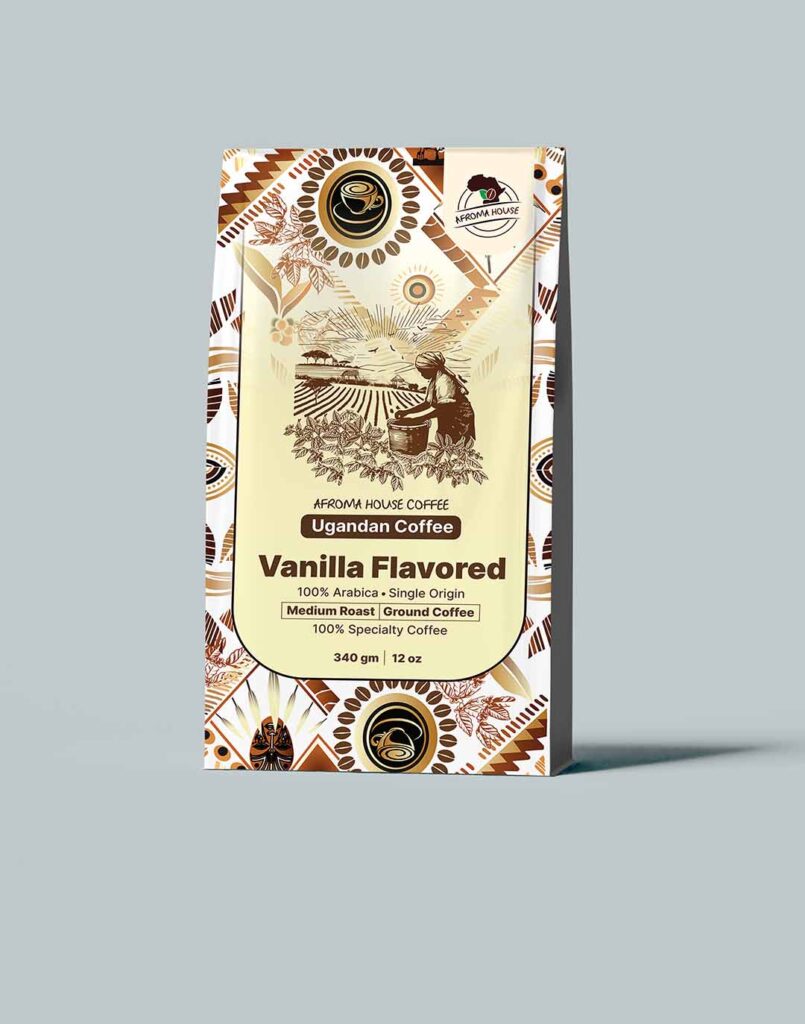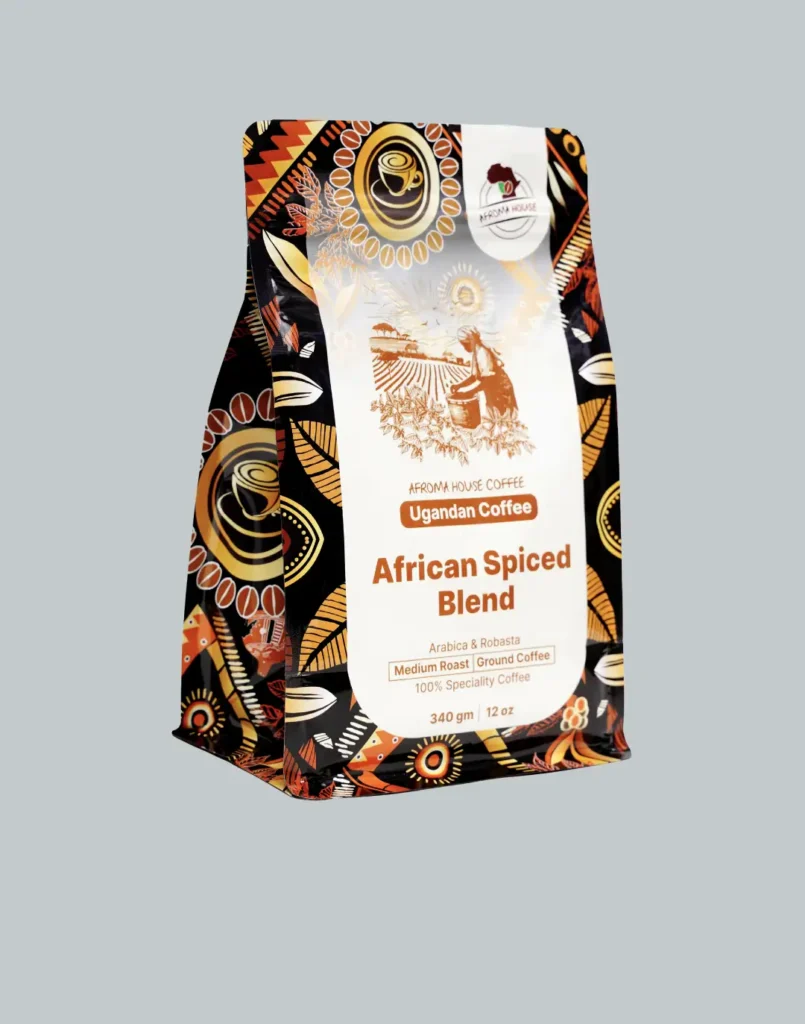

Arabica Coffee
Our Arabica Coffee unique taste is shaped by the cool climate at 7,500 feet altitude where it’s grown. Its distinct flavor profile is nurtured by the fertile soils, enriched by ancient decayed larva and the nitrogen replenishing peanuts intercropped with the Coffee. The result is a smooth, rich cup of Coffee.

Plain Arabica Coffee
Experience the chocolatey richness, fruity notes, nutty undertones, and smooth, rich body of Ugandan Arabica Coffee that wraps you in warmth.
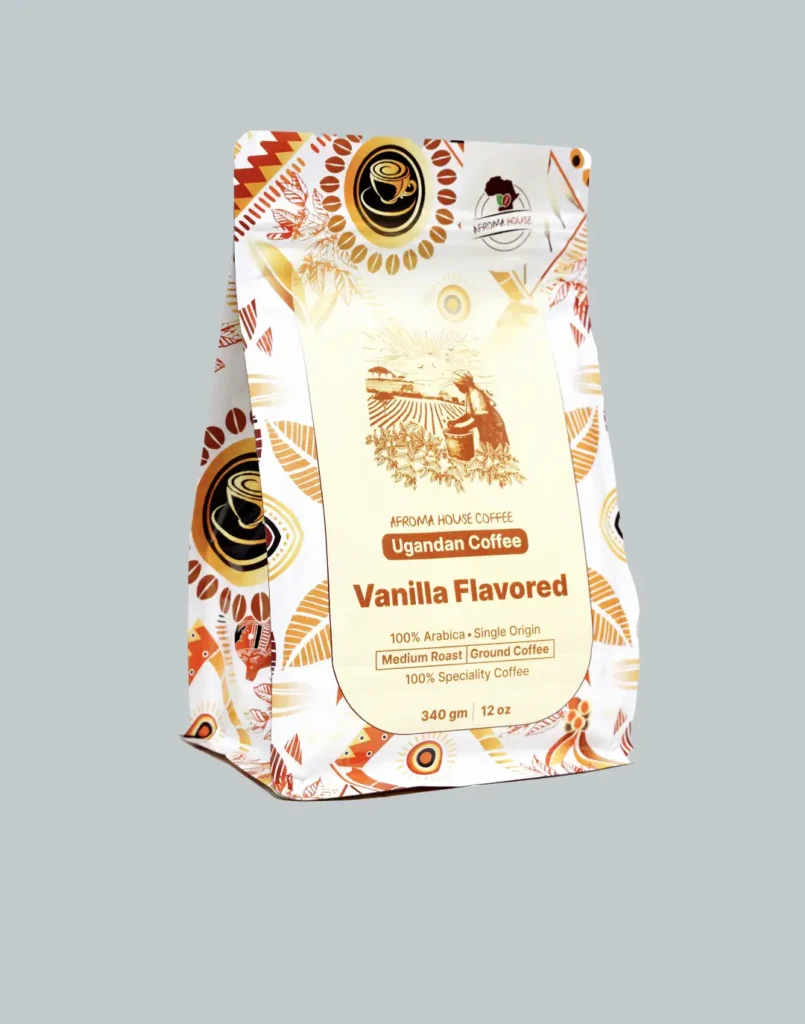
Vanilla Flavored
Arabica infused with Ugandan organic vanilla grown by traditional methods. The natural sweetness of Ugandan vanilla beautifully compliments the richness of our Arabica Coffee, creating a truly delightful flavor experience.
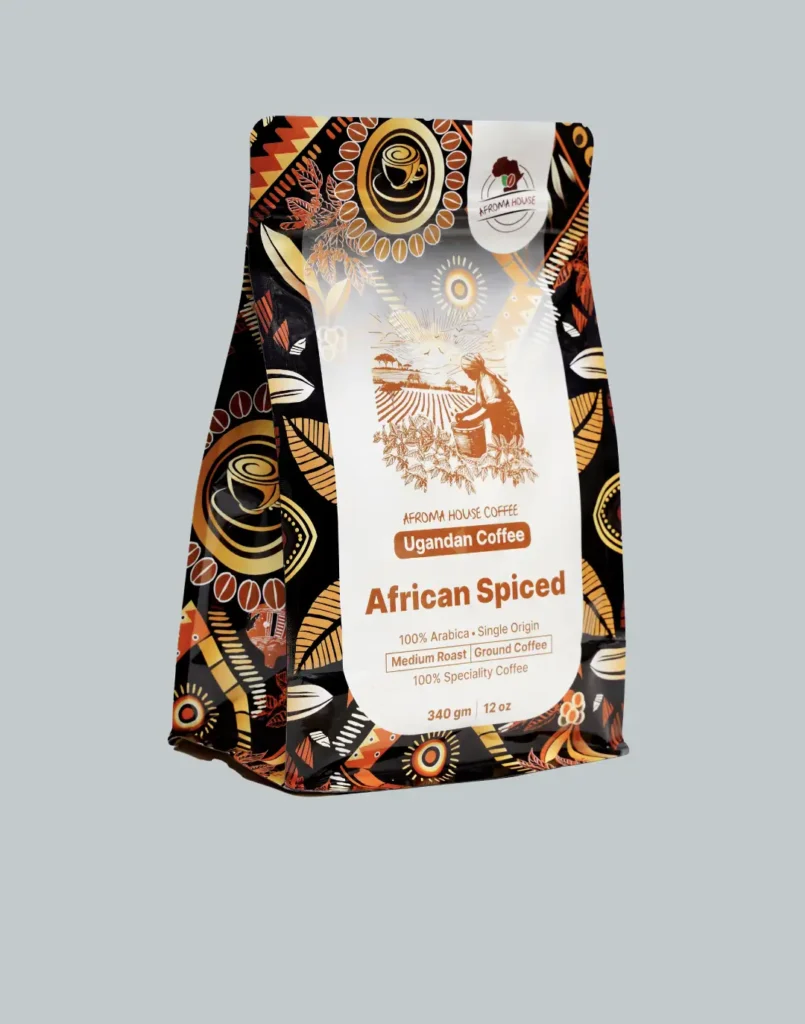
African Spiced
Arabica mixed with Ugandan Cinnamon, ginger, betruit and Cardamon, a combination treasured for generations for its medical properties, and potential to relax, soothe the body and calm the mind
Coffee Blend (Arabica & Robusta)
A mixture of Ugandan Arabica and Robusta. Ugandan Robusta taste influenced by different soil silt types deposited in the Nile Valley, and cocoa trees planted along side the Robusta trees. Coffee blend offers a balanced Coffee profile, the nuanced taste of Arabica and boldness of Robusta


What Sets Our Coffee Apart
Quality Control from Farm to Cup
We directly oversee Coffee growing to ensure a superior quality harvest, guaranteeing exceptional quality
Coffee roasted within 30 days of harvest
We roast our Coffee within 30 days of harvest, locking in maximum flavor and aroma
Lower Carbon Print
By roasting in uganda, we minimize carbon emissions associated with moving raw Coffee, reducing our environmental foot print.
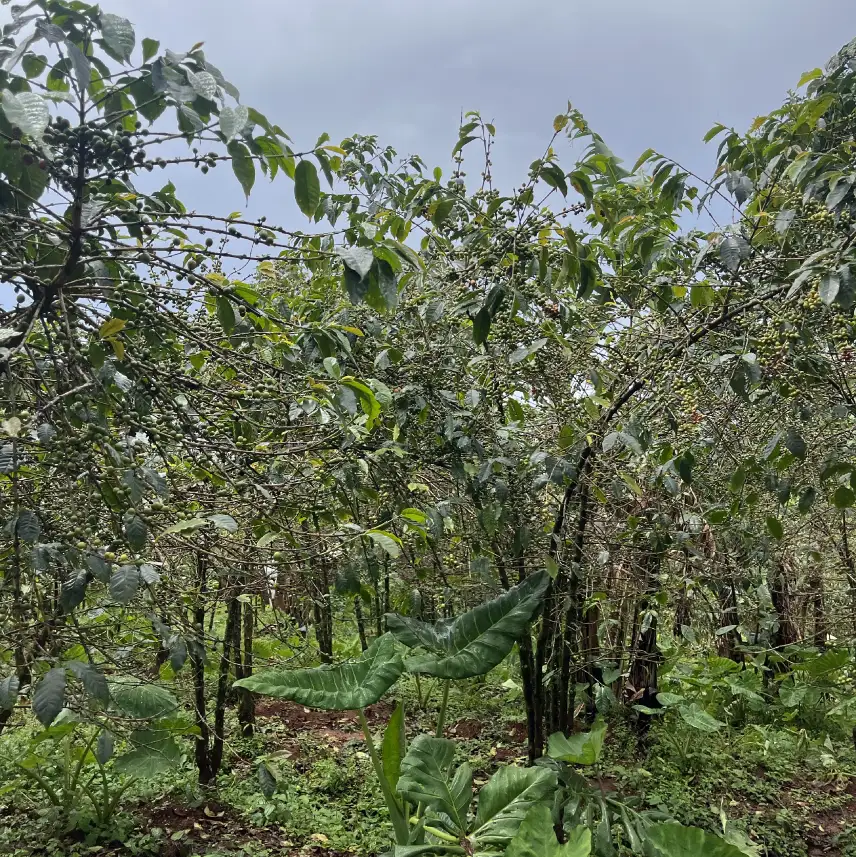
Purely Grown, Purely Delicious
Our coffee is cultivated naturally, without artificial additives, ensuring a genuinely rich flavor.
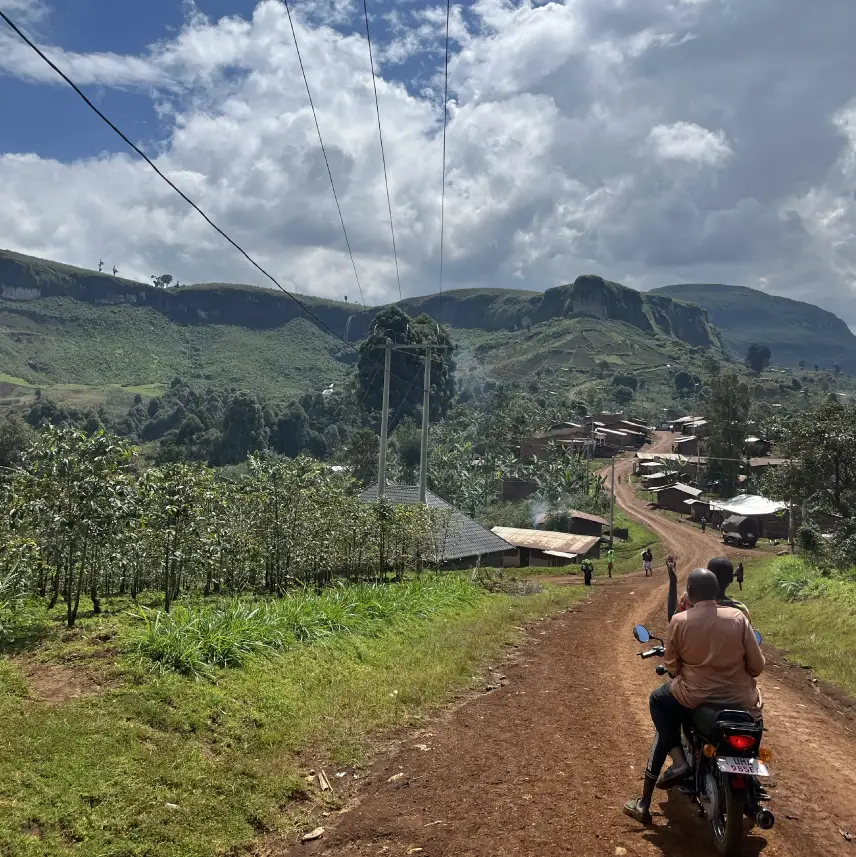
High-Altitude Perfection
Our Arabica beans are grown on the majestic slopes of Mt. Elgon, where the high altitude and rich volcanic soil combine to create a truly exceptional cup.
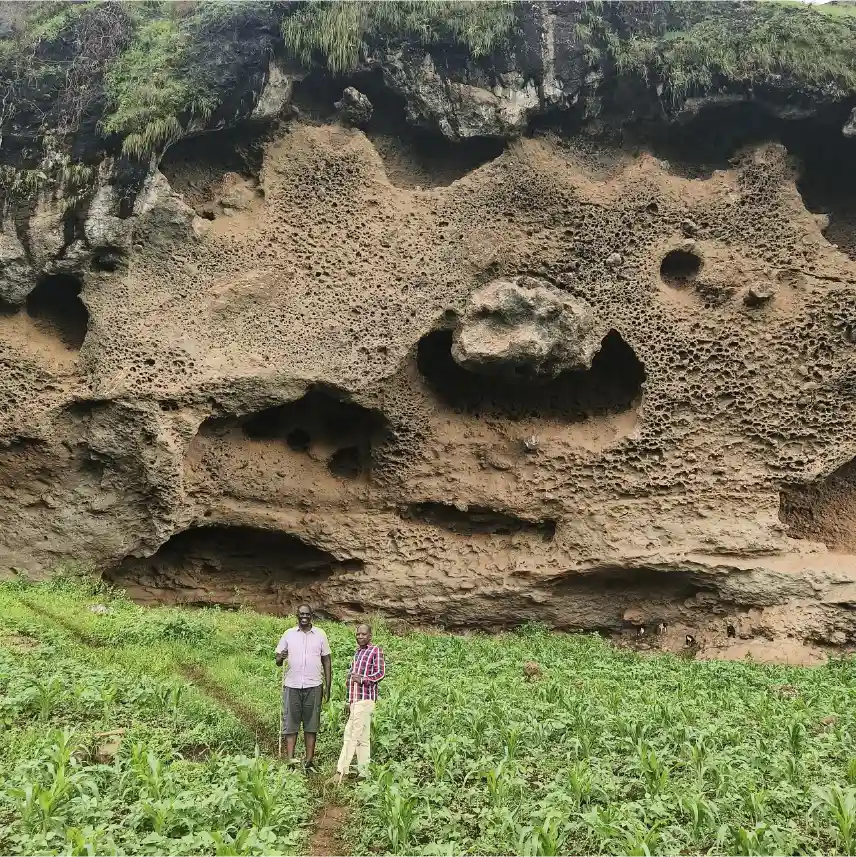
Ancient Soil, Timeless Flavor
Our Arabica beans are nurtured in soil enriched by over a thousand years of decayed larva, imparting a unique, earthy flavor profile.
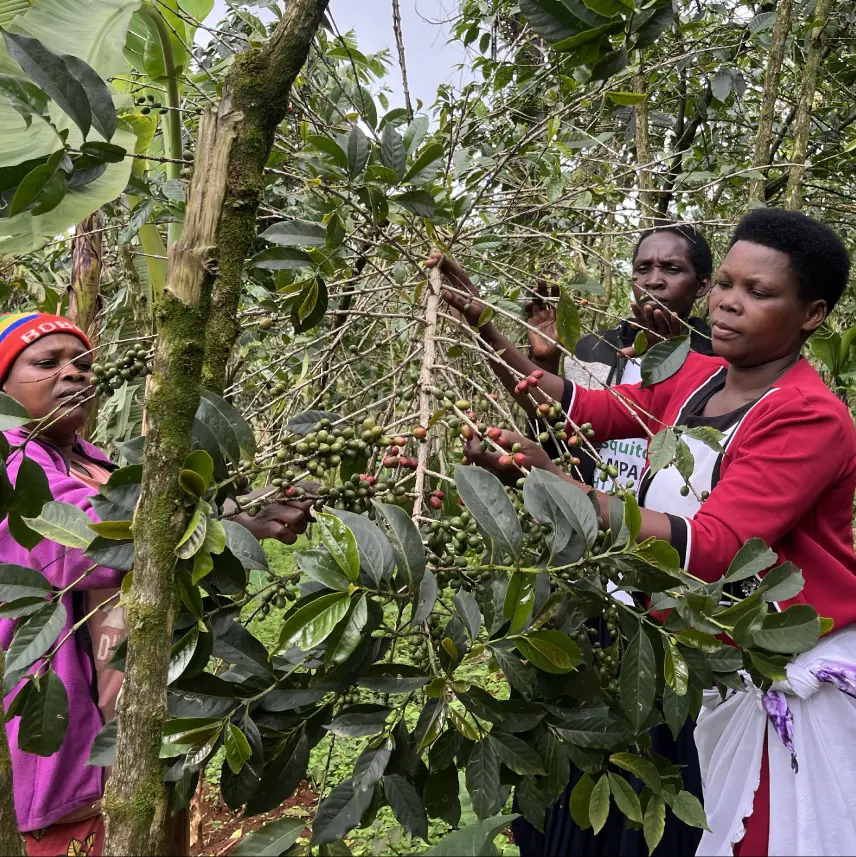
Hand-Picked with Love
Every coffee bean is carefully hand-picked to ensure only the finest quality makes it to your cup.

Certified Quality
Our coffee meets the highest standards, certified by the Uganda Quality Certification, guaranteeing a consistently exceptional taste experience.

Fair Labor Practices
We’re committed to ethical sourcing, ensuring no child labor is used in our coffee production.
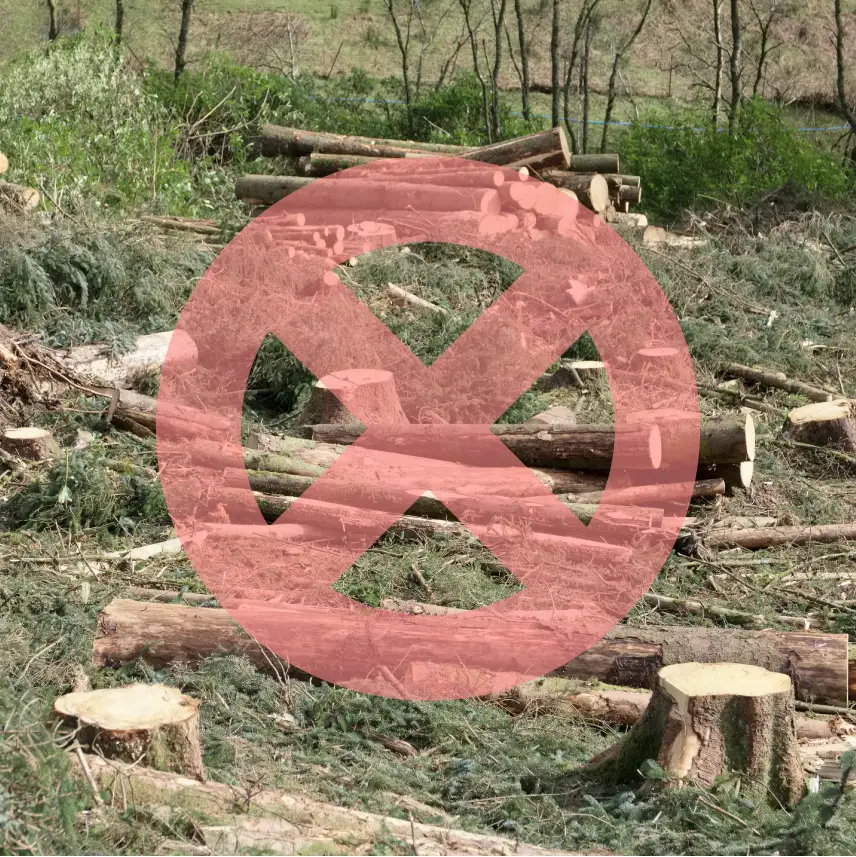
Sustainable Farming
We partner with farmers who share our passion for environmental conservation, never sourcing from those who cut trees during Coffee growing
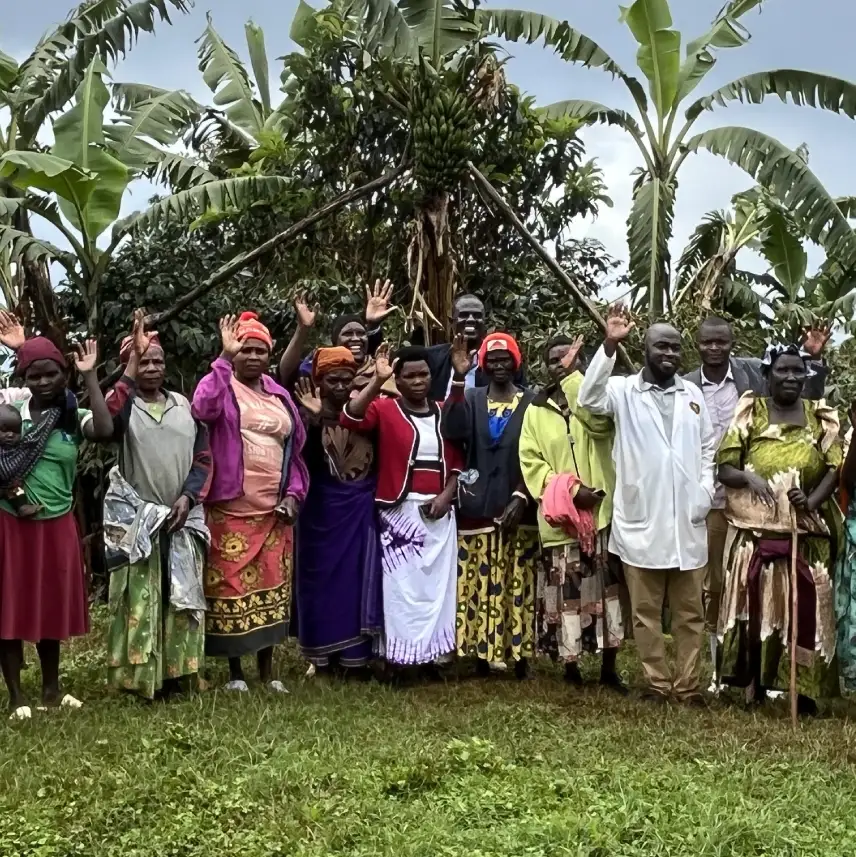
Supporting Local Farmers
We’re dedicated to giving back, allocating 2.5% of our profits to support our coffee farmers’ livelihoods.

Empowering Women
We dedicate 2.5% of the profits to African American women empowerment initiatives.

Robusta, Refined by Nature
Our Robusta beans are enriched by the diverse silt types deposited by the Nile Valley’s water streams, creating a distinct, full-bodied flavor.
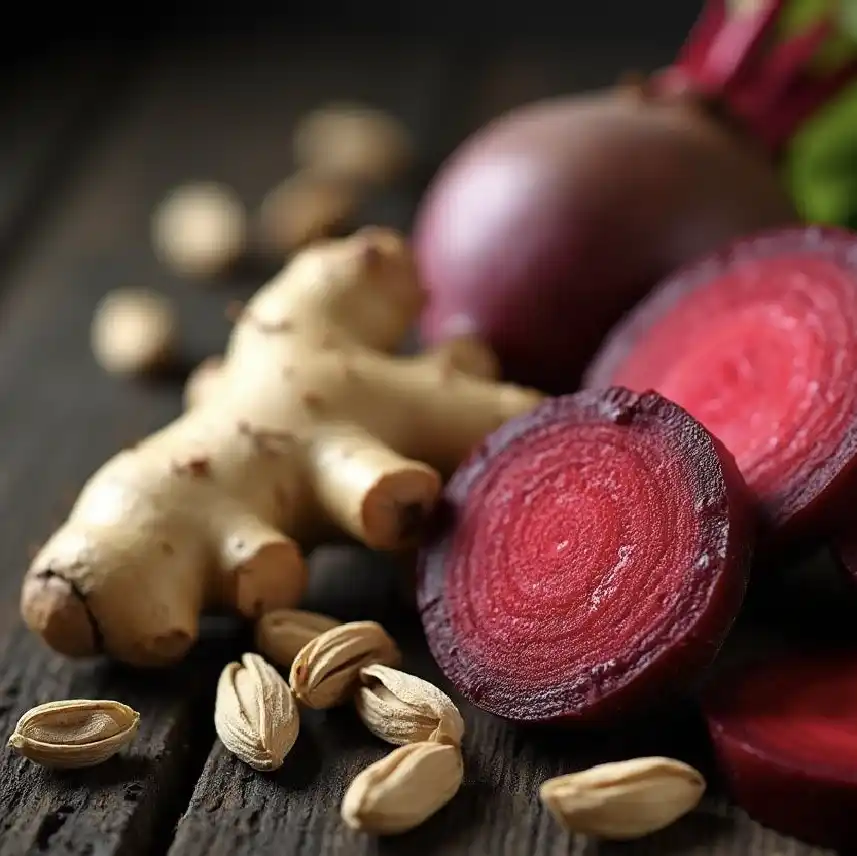
African Spiced, Steeped in Tradition
Our African Spiced flavor combines ancient, pre-colonial medicinal herbs, carefully blended to create a captivating, aromatic experience.
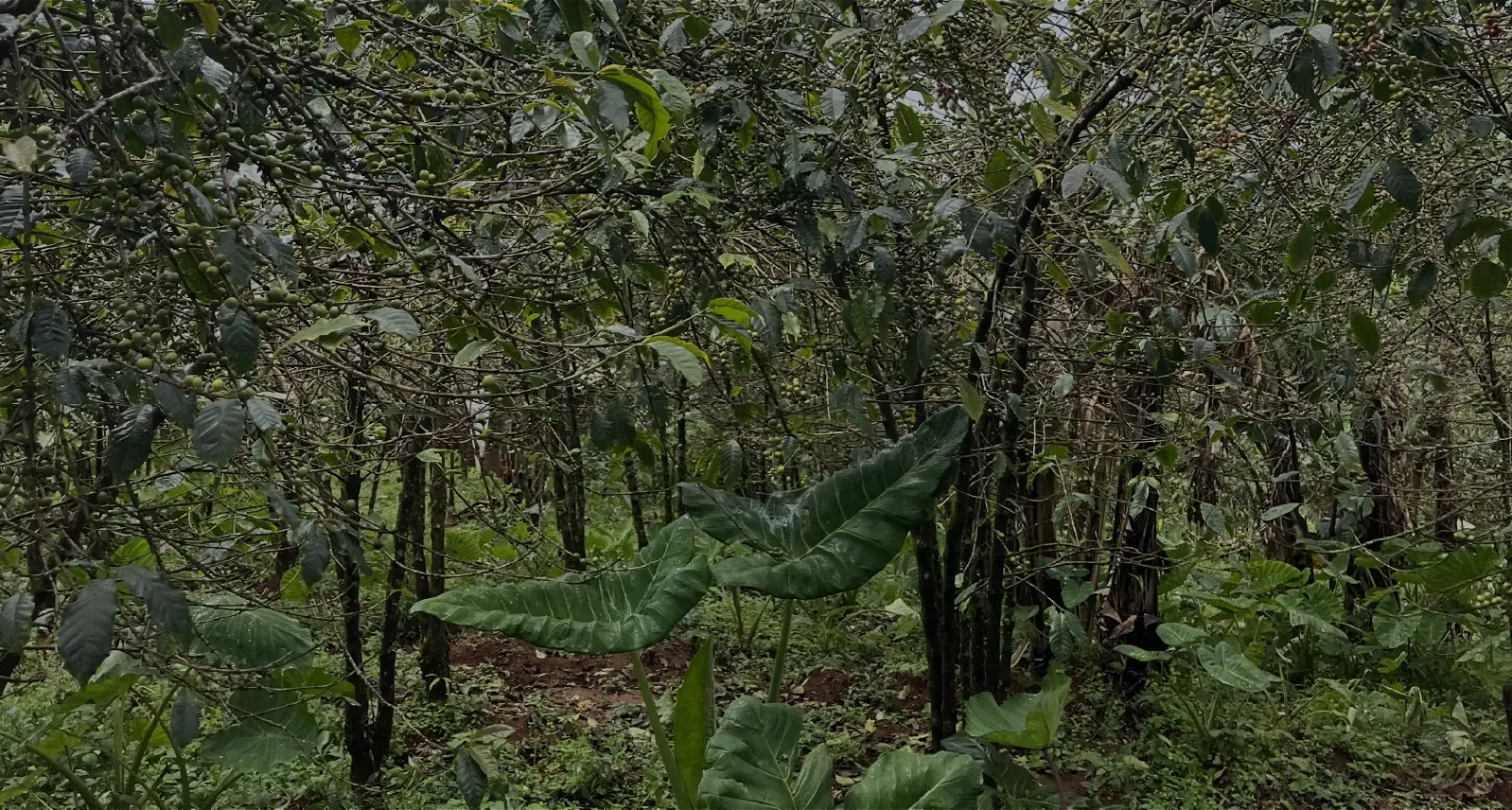
Purely Grown, Purely Delicious
Our coffee is cultivated naturally, without artificial additives, ensuring a genuinely rich flavor.
Shop Vanilla Flavored Arabica from $7.50
Arabica grown on high altitudes of Mountain Elgon, infused with smooth vanilla for a rich, aromatic taste.

Shop African Spiced Arabica from $8.00
Made with ancient, organically grown African spices like Moringa, cherished for their natural benefits.

Shop Unflavored Blend from $6.50
A rich combination of Arabica from Mt. Elgon and Robusta from the fertile Nile Valley.

Shop Vanilla Flavored Blend from $7.00
Coffee grown naturally without artificial additives, perfectly blended with creamy vanilla.

Shop African Spiced Blend from $7.50
Infused with natural African spices, grown and used for centuries for their rich flavors and benefits.


Purely Grown, Purely Delicious
Our coffee is cultivated naturally, without artificial additives, ensuring a genuinely rich flavor.
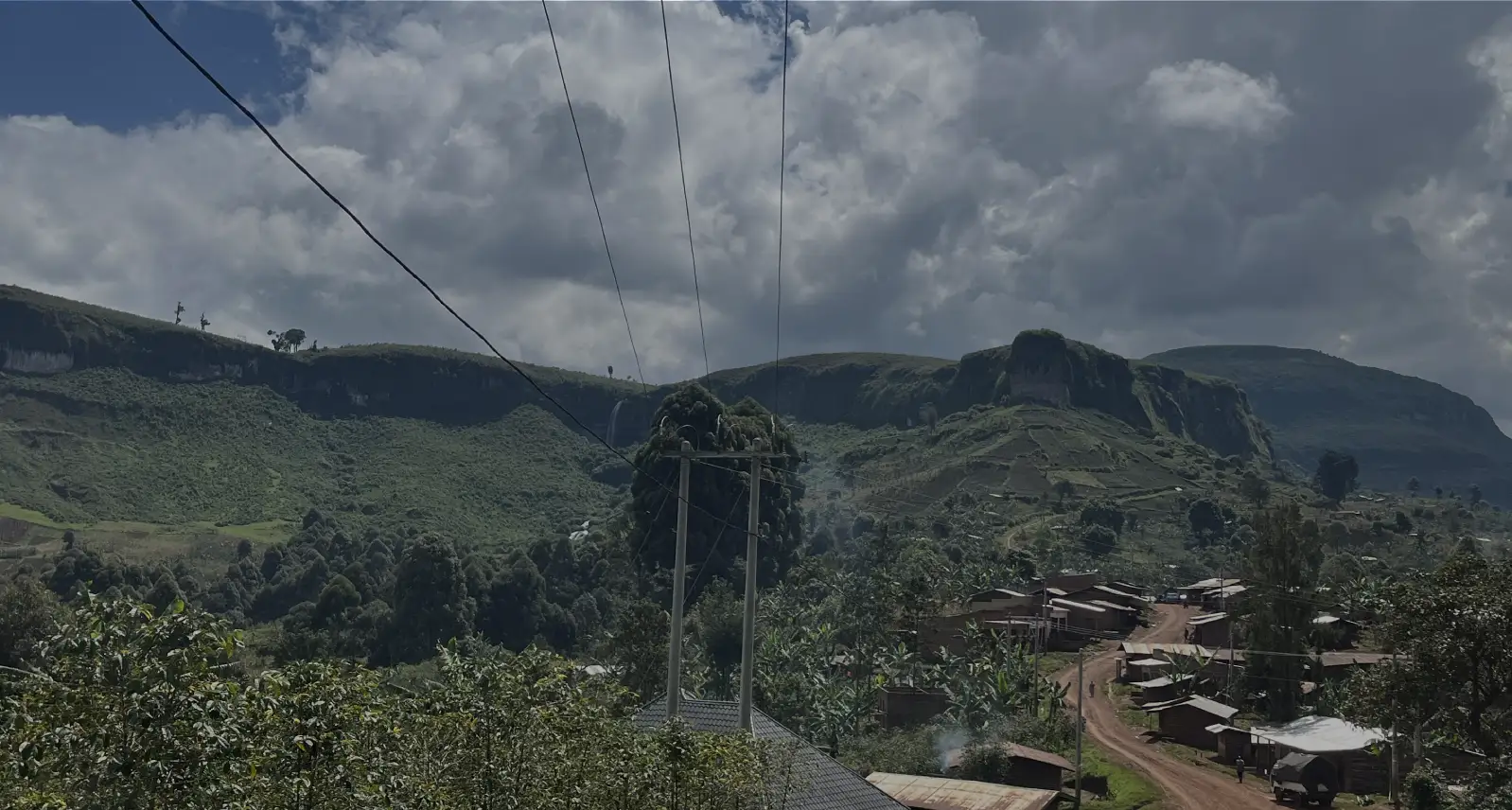
High-Altitude Perfection
Our Arabica beans are grown on the majestic slopes of Mt. Elgon, where the high altitude and rich volcanic soil combine to create a truly exceptional cup.
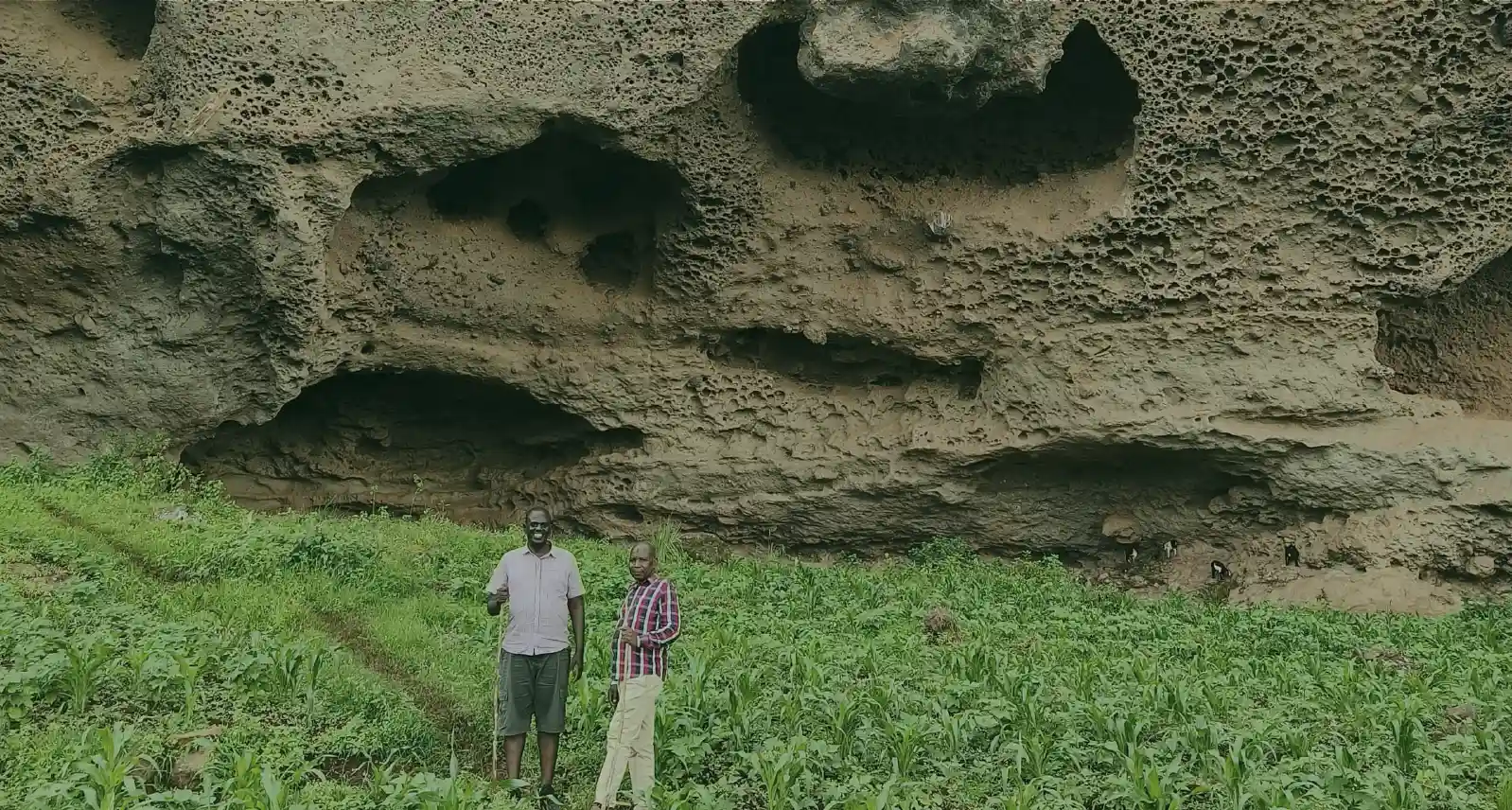
Ancient Soil, Timeless Flavor
Our Arabica beans are nurtured in soil enriched by over a thousand years of decayed larva, imparting a unique, earthy flavor profile.
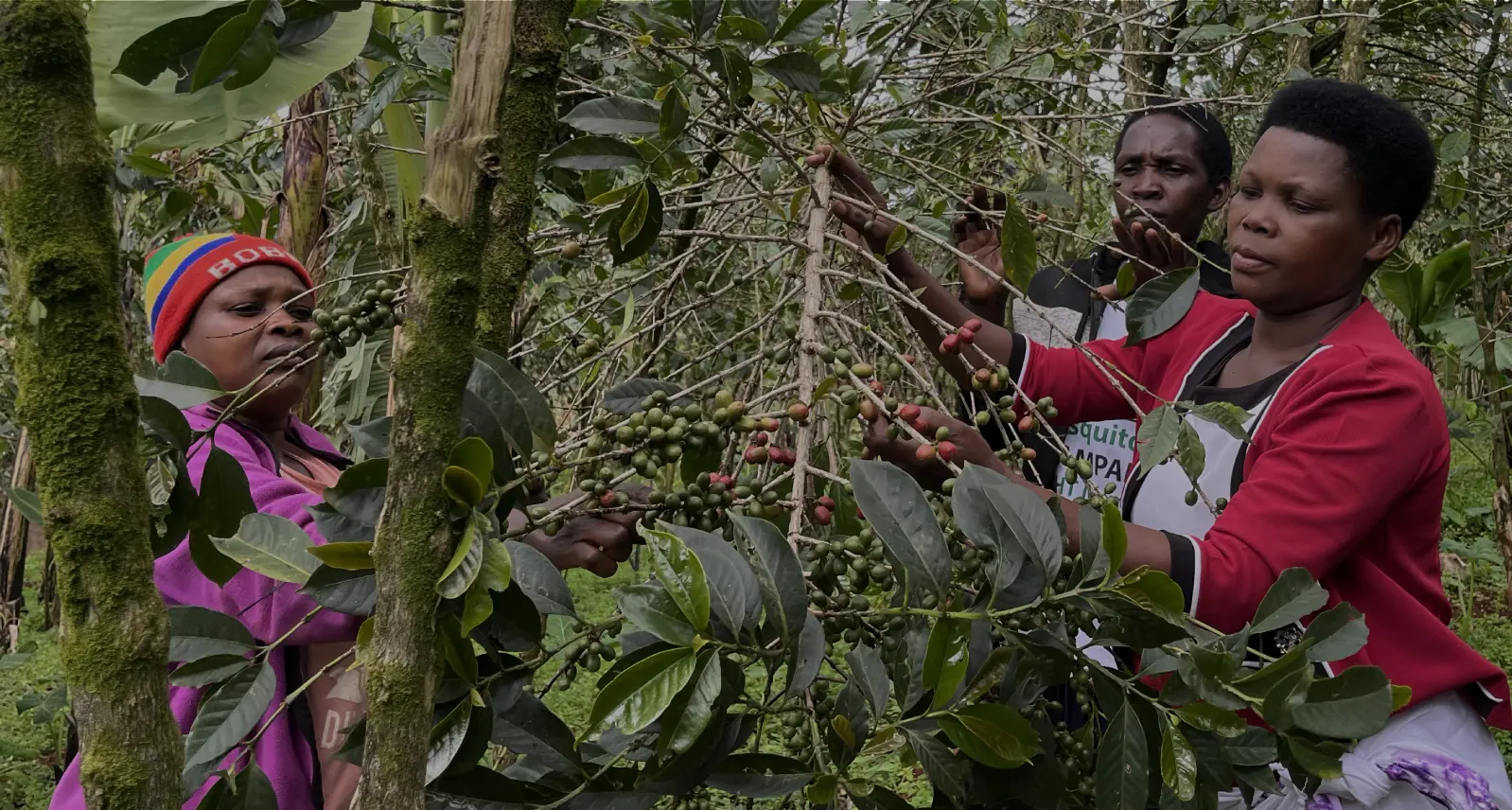
Hand-Picked with Love
Every coffee bean is carefully hand-picked to ensure only the finest quality makes it to your cup.
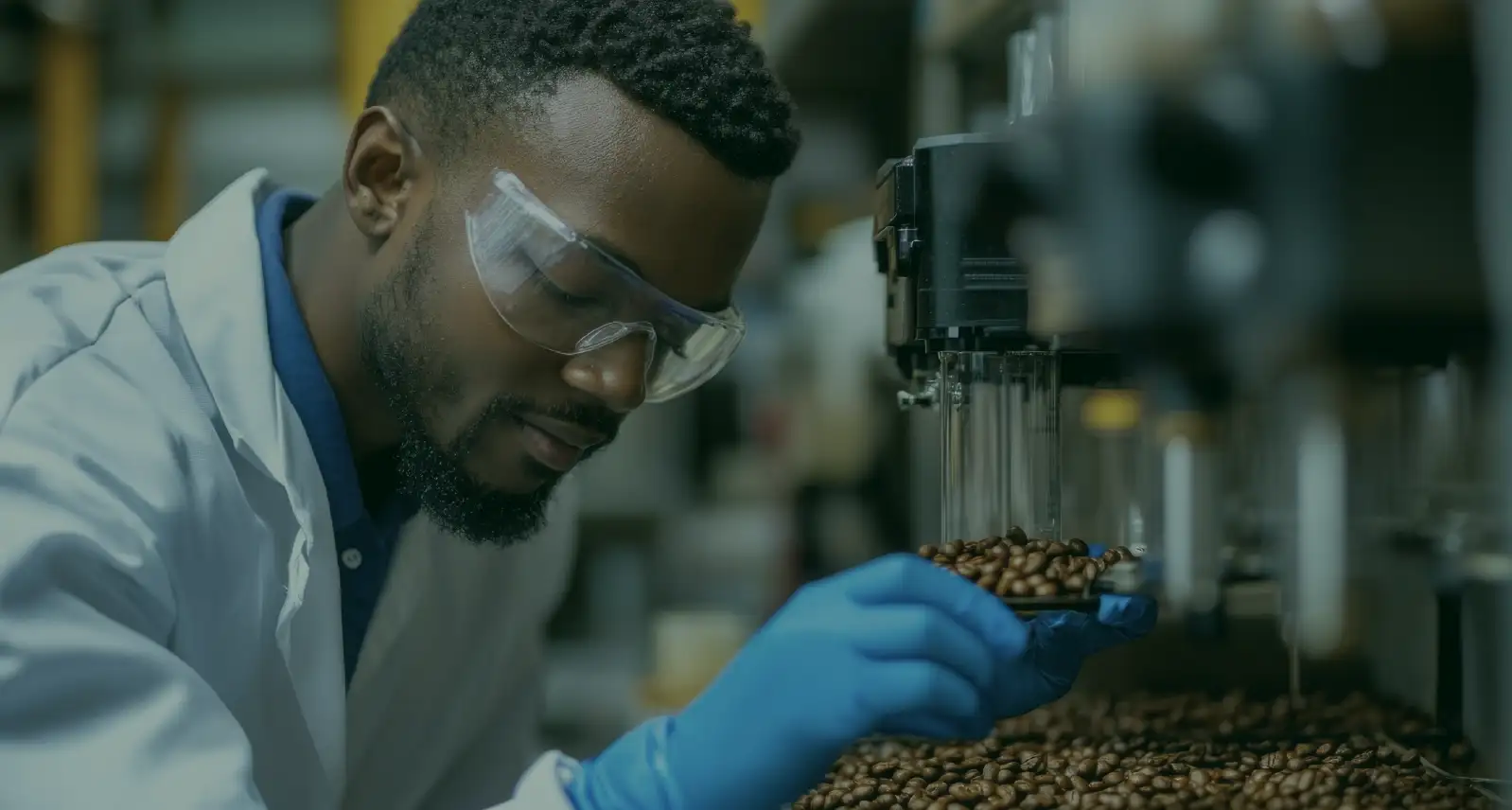
Certified Quality
Our coffee meets the highest standards, certified by the Uganda Quality Certification, guaranteeing a consistently exceptional taste experience.

Fair Labor Practices
We’re committed to ethical sourcing, ensuring no child labor is used in our coffee production.

Sustainable Farming
We partner with farmers who share our passion for environmental conservation, never sourcing from those who cut trees during Coffee growing
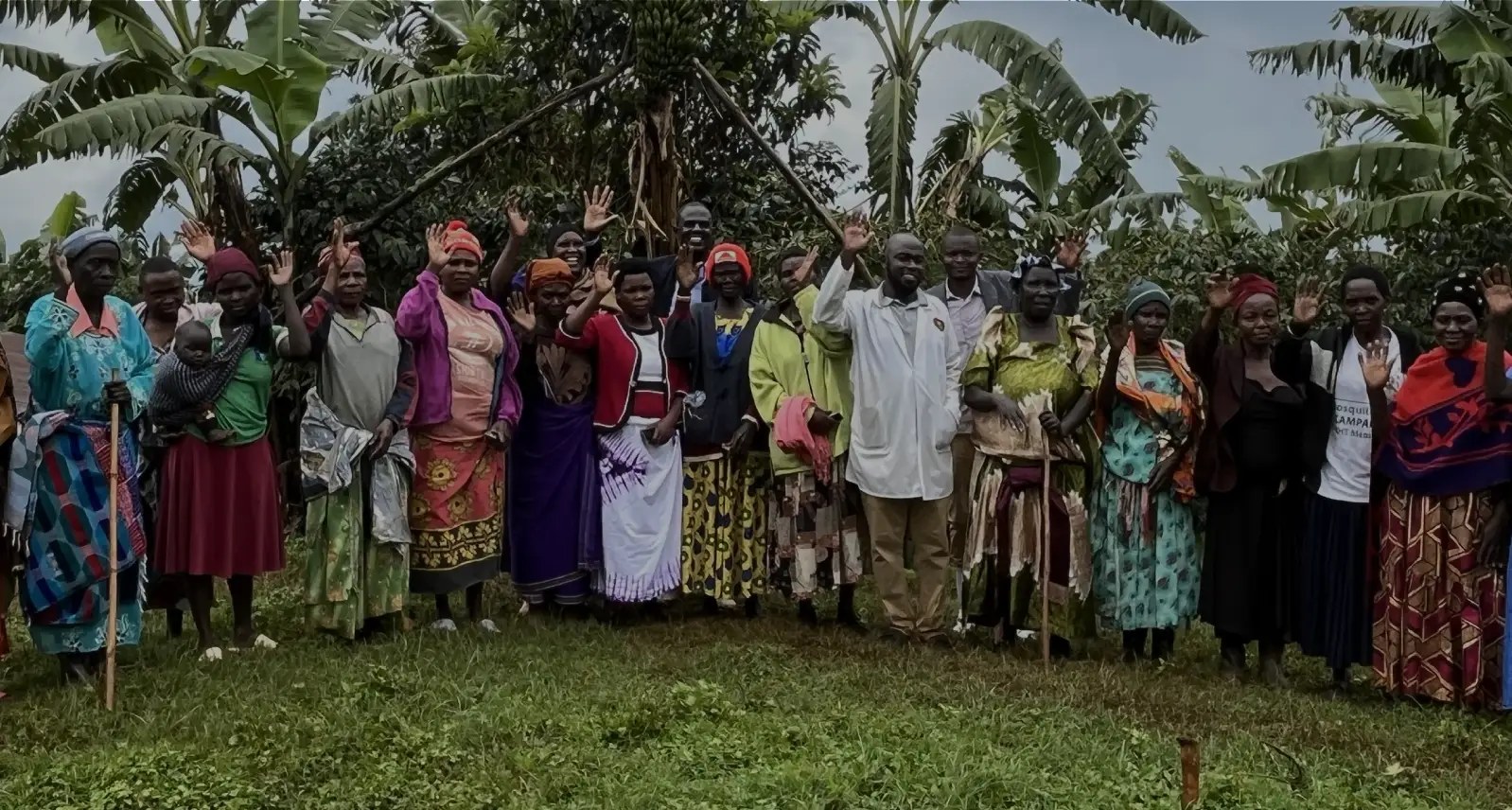
Supporting Local Farmers
We’re dedicated to giving back, allocating 2.5% of our profits to support our coffee farmers’ livelihoods.

Empowering Women
We dedicate 2.5% of the profits to African American women empowerment initiatives.

Robusta, Refined by Nature
Our Robusta beans are enriched by the diverse silt types deposited by the Nile Valley’s water streams, creating a distinct, full-bodied flavor.

African Spiced, Steeped in Tradition
Our African Spiced flavor combines ancient, pre-colonial medicinal herbs, carefully blended to create a captivating, aromatic experience.

Afroma House Coffee’s Smooth, Velvety texture will coat your tongue, providing a luxurious sensation.

Afroma House coffee will leave you with a calming, soothing experience, providing a moment of peace in a busy day.

Experience the cognitive mood of Afroma House Coffee, carefully crafted to provide a natural energy lift, improve focus, and enhance your mood, helping you tackle your day with clarity and confidence.

Unravel the mysteries of our African Spice flavor, as its complex, exotic notes linger on your palate, leaving a satisfying aftertaste that beckons you to take another sip.

Afroma House Coffee’s Smooth, Velvety texture will coat your tongue, providing a luxurious sensation.

Afroma House coffee will leave you with a calming, soothing experience, providing a moment of peace in a busy day.

Experience the cognitive mood of Afroma House Coffee, carefully crafted to provide a natural energy lift, improve focus, and enhance your mood, helping you tackle your day with clarity and confidence.

Unravel the mysteries of our African Spice flavor, as its complex, exotic notes linger on your palate, leaving a satisfying aftertaste that beckons you to take another sip.
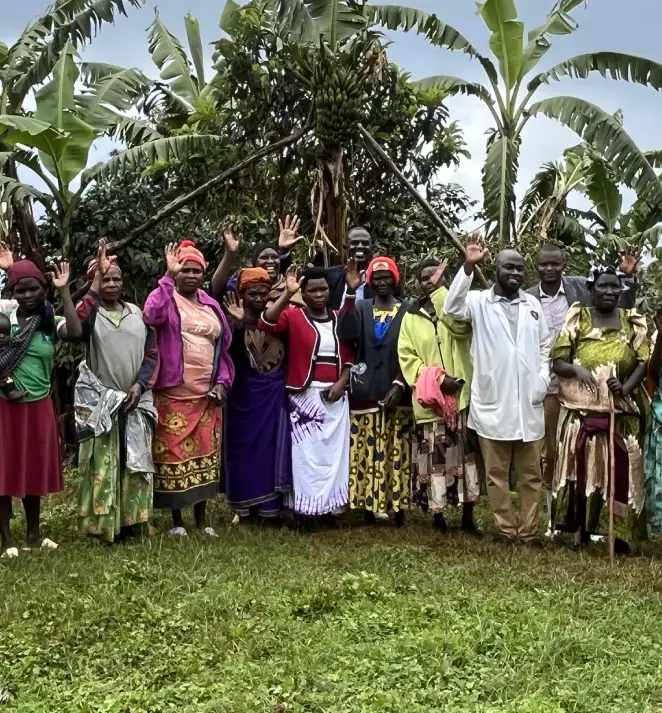
Afroma's Corporate Social Responsibility
Supporting Women Coffee Farmers🇺🇬
We have economically empowered Ugandan women Coffee farmers through provision of access to organic fertilizers and protection of their rights to own and farm family land.
Our Partnership with Onyango and Company Advocates, a leading Ugandan law firm, has successfully reduced evictions of women coffee farmers from their family land. By providing free legal support, we have empowered these women to protect their rights and livelihoods.
Empower US underprivileged Communities🇺🇸
We also value our buyers. We dedicate portion of our profits to African American economic empowerment initiatives.
Our initiative with Onyango and Company Advocates a leading Ugandan law firm has significantly reduced instances of eviction of our women coffee suppliers from their coffee gardens on the matrimonial garden land by their husbands, through provision of free legal support against such unfair evictions.
Afroma's Corporate Social Responsibility

Support to Ugandan Women Coffee Farmers 🇺🇬
We have economically empowered Ugandan women coffee farmers through provision of access to organic fertilizers and protection of their rights to own and farm family land.
Our Partnership with Onyango and Company Advocates, a leading Ugandan law firm, has successfully reduced evictions of women coffee farmers from their family land. By providing free legal support, we have empowered these women to protect their rights and livelihoods.
Empower US underserved Communities 🇺🇸
We also value our buyers. We dedicate portion of our profits to African American women economic empowerment initiatives.
From Garden to Cup
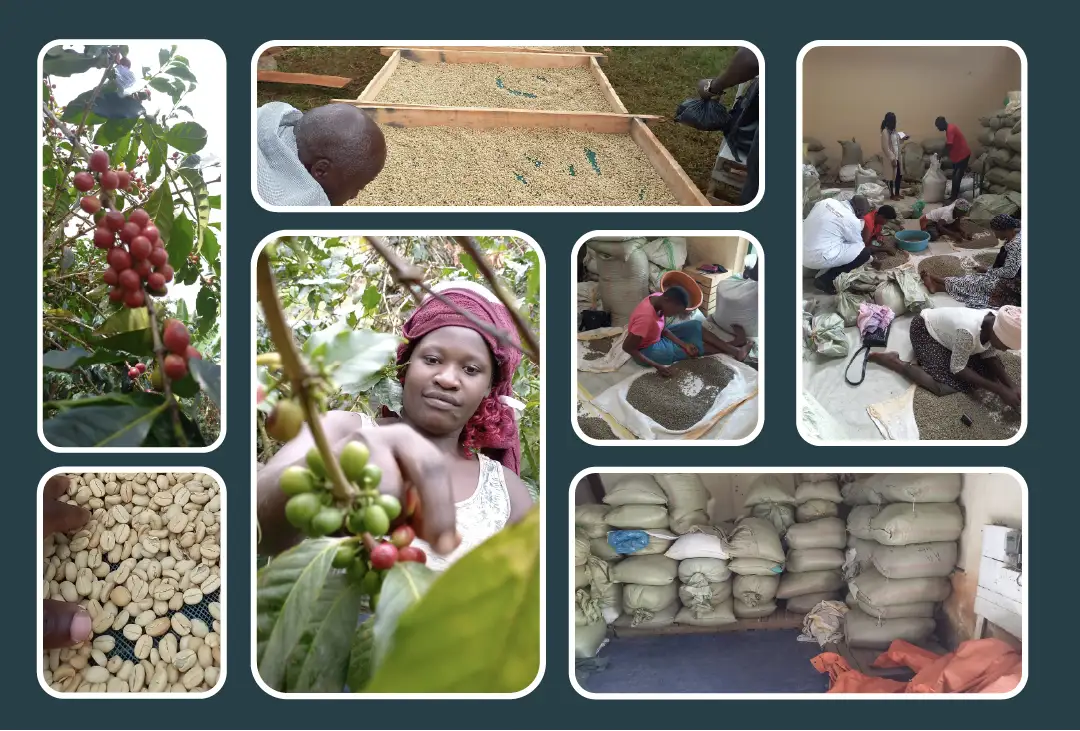
From Garden to Cup
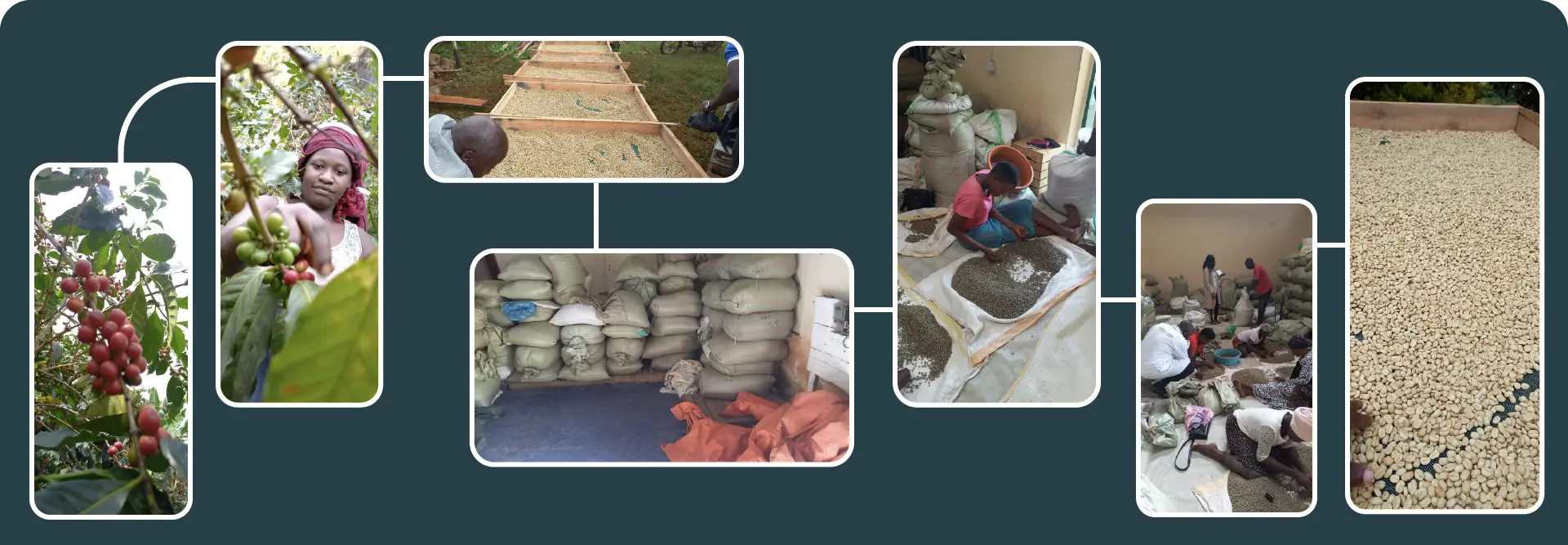

Where Coffee is sourced
Afroma House Coffee is grown by small scale women farmers who cultivate Arabica Coffee at high altitudes, between 5,600 and 7,500 feet, on decayed volcanic soils without the use of artificial additives.
The primary varieties grown are Nyasaland, SL 14, and SL 28
Coffee growing
Coffee planting is carried out manually with a hoe to ensure attention to detail. Coffee farm labor is only provided by adults and farmers very keen on prioritizing environmental sustainability. A lot of attention is given to quality control measures during the planting and growing of Coffee in order to ensure Specialty-grade Coffee known for its distinct flavor profiles, nuanced acidity, and rich aromas.
Harvesting
During Harvesting, Coffee is strictly harvested by selective handpicking. Only red ripe cherries are harvested to ensure a high-quality product.
Primary processing
After harvesting, the cherries are floated in buckets or drums using clean, natural stream water to separate defective or unripe beans. The ripe cherries are then pulped to remove the outer skin and pulp. Next, they're fermented for approximately 48 hours to break down the mucilage, followed by washing with clean stream water to remove any remaining pulp and mucilage. Finally, the cherries are dried on raised beds to a moisture content of 12.5%, ensuring optimal quality and flavor preservation.
Storing
The harvested Coffee is packed in gurney bags and stored on wood pallets inside farmers’ home stores.
Our Partner, Stephen, a Specialty Coffee Production expert works closely with the women farmers during the Coffee growing, harvesting, storage and drying in order to ensure specialty-grade Coffee production.
Secondary Processing
Dried Coffee is collected from women farmers and delivered to Ubora Specialty Crops Facility for hulling and grading. After hulling and grading a team of women at the facility select any defective beans from the processed green Coffee beans to ensure only top-quality beans pass for roasting.
Roasting
Top-grade Coffee is roasted and packaged at CURAD in Kabanyoro.
Featured Product
-

Vanilla Flavored Blend
$18.50 -

Vanilla Flavored
$18.50 -
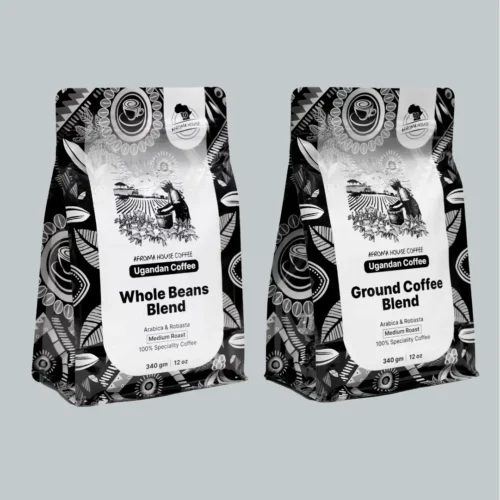
Plain Blend
$18.00Select options This product has multiple variants. The options may be chosen on the product page -
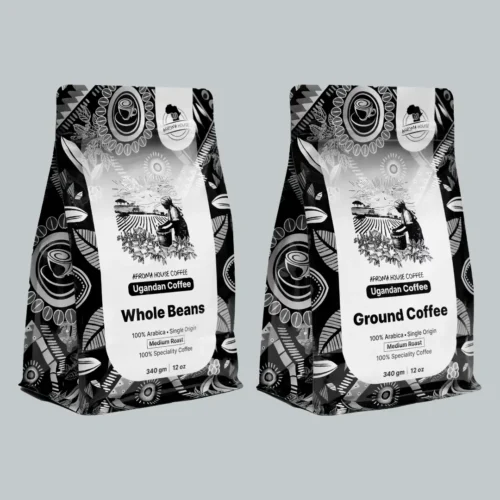
Plain Arabica Coffee
$18.00Select options This product has multiple variants. The options may be chosen on the product page
The Team
Our passionate team delivers high-quality Ugandan Coffee with purpose. With expertise in business, finance, quality control, and supply chain, we ensure excellence from farm to roast. United by a shared vision, we empower Ugandan women small-scale Coffee farmers and support African American women empowerment initiatives.
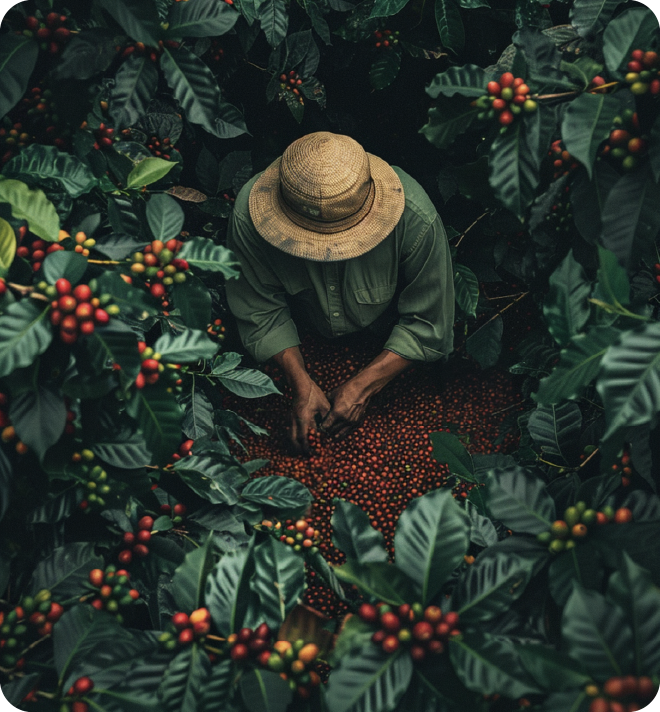
Afroma House Coffee
Afroma House Coffee is a Ugandan Social Impact Business selling Ugandan Coffee on both the Ugandan and United States Market, and dedicates 10% of its profits to Livelihood enhancement programs for Congolese refugee Single mothers.
Uganda produces some of the best quality coffee on the International Market and is currently the biggest producer of Coffee on the African Continent. The Country is among the few Countries with Indigenous Coffee.
Sourcing and Quality Control
Afroma House Coffee sources its beans from farmers who adhere strictly to international standards throughout all stages of coffee production, including growing, harvesting, drying, and storage. To ensure high quality, Afroma House Coffee employs handpicking methods during harvest.
The roasting and packaging processes take place at CURAD, a state-of-the-art facility established to support Ugandan coffee exporters in meeting high-quality market standards. This facility plays a crucial role in ensuring that Afroma House Coffee maintains its reputation for excellence.
Afroma House Coffee’s Quality and Origin
Afroma House Coffee is renowned internationally for its superior quality.
The Company’s coffee is grown naturally without the use of artificial additives.
The Arabica coffee produced by the company is cultivated on ancient volcanic soil, specifically from decayed lava that has been present for over a thousand years on the slopes of Mountain Elgon. This unique geological feature significantly contributes to the coffee’s distinct flavor profile and remarkable aroma.
In addition to Arabica, Afroma also produces Robusta coffee, which is grown in the Nile Valley, one of the most fertile regions in the world. The robust flavor of this coffee variety is influenced by the diverse types of silt deposited by various water bodies flowing into the Nile Valley, enhancing its unique taste.
Afroma House Coffee Quality Certification and Ethical Practices
Afroma House Coffee’s quality is validated by the Uganda National Bureau of Standards. The company sources its coffee exclusively from farmers who prioritize environmental sustainability in their production methods. Additionally, Afroma House Coffee has a robust policy that prohibits the use of child labor in its coffee production processes


